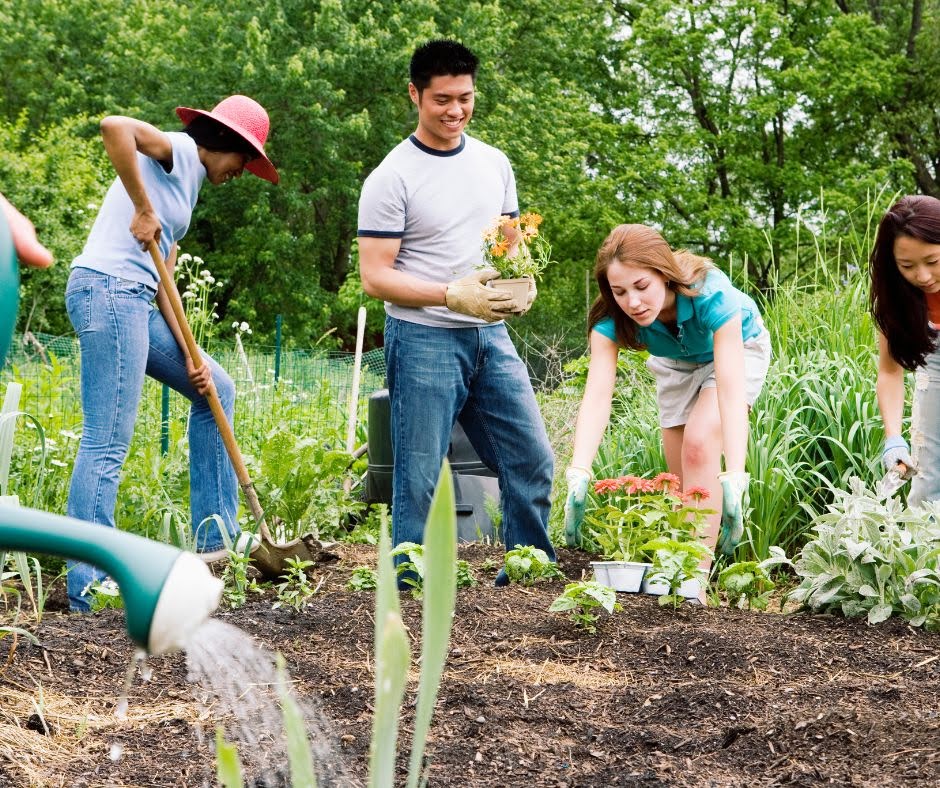In today’s fast-paced world, the benefits of holistic practices like osteopathy, yoga, and Pilates are becoming increasingly recognized. These practices not only enhance physical health but also promote mental well-being and spiritual growth.
If you are a practitioner looking to make a positive impact, integrating these practices into community service can be a powerful way to give back. Here’s how you can use your expertise to benefit your community.
1. Offer Free or Discounted Classes and Workshops
Yoga and Pilates: Many people in the community may be unable to afford regular yoga or Pilates classes. By offering free or discounted sessions, you can make these beneficial practices accessible to a broader audience. Consider partnering with local community centers, schools, retirement homes, senior centers, or non-profit organizations to reach those in need.
Osteopathy: Similarly, providing low-cost or pro bono osteopathic treatments can greatly assist individuals suffering from chronic pain or mobility issues who lack adequate healthcare coverage. Organizing monthly clinics in disadvantaged areas can be particularly impactful.
2. Conduct Educational Seminars
Holistic Health Education: Educating the community about the benefits of holistic health practices can empower individuals to take charge of their well-being. Organize seminars and workshops that cover topics such as stress management, posture improvement, and injury prevention.
Collaborative Efforts: Collaborate with other health professionals to provide comprehensive health and wellness programs. This multidisciplinary approach can address various aspects of health, from nutrition to mental health, creating a more holistic impact.
3. Support Community Wellness Initiatives
Volunteer Programs: Many community initiatives, such as wellness fairs and health drives, are in need of skilled volunteers. Your expertise in yoga, Pilates, or osteopathy can add significant value to these events. Offering mini-sessions or consultations can attract and benefit a wider audience.
Local Partnerships: Partner with schools, senior centers, and rehabilitation facilities to provide specialized programs. For example, tailored yoga sessions for seniors or osteopathy workshops for athletes can address specific community needs.
4. Create Inclusive Spaces
Accessible Classes: Ensure your classes and workshops are inclusive and accessible to individuals with varying abilities and backgrounds. This might include offering chair yoga for those with limited mobility or modifying Pilates routines for beginners.
Community Outreach: Actively reach out to marginalized groups who might not traditionally engage in holistic practices. This can include creating bilingual programs or working with organizations that support refugees and immigrants.
5. Promote Mental Health and Wellness
Mindfulness and Meditation: Integrate mindfulness and meditation practices into your offerings. These techniques can be particularly beneficial in helping community members manage stress, anxiety, and depression.
Support Groups: Facilitate support groups that combine holistic practices with peer support. For example, a yoga and discussion group for caregivers or a Pilates class for new mothers can provide both physical relief and emotional support.
6. Sustainable and Environmentally Friendly Practices
Eco-Friendly Spaces: Create a practice space that promotes environmental sustainability. Use eco-friendly mats, props, and cleaning supplies, and encourage participants to bring reusable water bottles.
Community Gardens: Engage in or support community gardening projects. Gardening promotes physical activity and mental well-being and can be a great way to connect with nature and the community.
7. Research and Advocacy
Holistic Health Research: Participate in or support research on the benefits of holistic practices. Sharing evidence-based findings with the community can enhance the credibility and acceptance of these practices.
Policy Advocacy: Advocate for policies that support holistic health initiatives in schools, workplaces, and public health programs. Being involved in local health boards or committees can amplify your impact.
Final Thoughts
Giving back to the community through holistic practices like osteopathy, yoga, and Pilates is a fulfilling way to contribute to societal well-being.
By offering accessible services, conducting educational initiatives, supporting community wellness programs, creating inclusive spaces, promoting mental health, engaging in sustainable practices, and advocating for holistic health, professionals can make a meaningful and lasting impact. Embrace these opportunities to share your knowledge and skills, and watch as your community flourishes with improved health and well-being.
